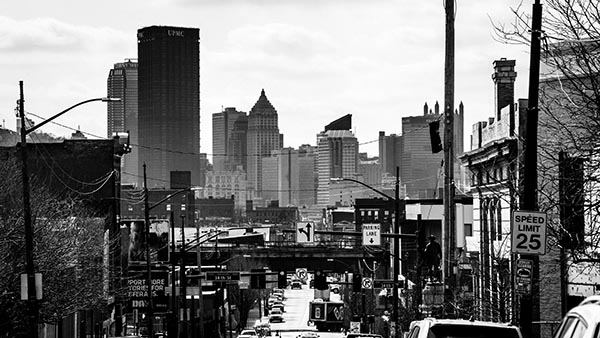The results of the latest British Social Attitudes Survey revealed this week appear to indicate that as a society we are becoming more atomised and increasingly judgemental about one another. According to the survey, 25% of individuals say the reason people live in need is because they are lazy or lack willpower. Likewise, 63% believe that one of the reasons why children live in poverty is because their parents don’t want to work.
In straitened times, it is not surprising that the pressure many people are facing will cause them to feel that others are not pulling their weight. As the load becomes heavier, we inevitably look for those who could do more to shoulder their fair share of the burden. Sadly, our gaze more often than not falls on the needy and disadvantaged, despite many doing as much as they can. As research from the Joseph Rowntree Foundation continually shows, people in poverty are very often working; we just can’t see them because we don’t mix in the same social circles or work in the same environments.
The problem always seems to be that we don’t tend to consider the load itself i.e. the burdens and pressures of modern life and where they originate. Rather, we’re just interested in who’s doing their bit, a sentiment summarised nowhere more clearly than in George Osborne’s claim that “we’re all in this together”.
But why don't we look at the structural issues causing many of our problems? Perhaps the reason is because, at our very heart, we really do want to believe that life is fair. Oliver Burkeman recently wrote that many of us fall for the “just world” trap, whereby we “bring a more appropriate fit” between someone’s fate and someone’s character. The greater the injustice, the more we believe people get what they deserve. As Burkeman points out, the source of these “just world” feelings may lie in our tendency to search for a feeling of security. If we tell ourselves that people deserve what they get, we feel there is less likelihood of ourselves experiencing the same circumstances. In effect, by blaming people for their misfortunes we are eliminating our “cognitive dissonance”.
To return to the British Social Attitudes Survey findings, by saying that people’s experience of poverty is a result of their own actions, whether consciously or not we are creating for ourselves a greater sense of security. Though many of us may have a creeping feeling that our society and our economic system are witnessing deep and ever increasing systemic fractures, it is far more comforting to believe that the disadvantaged are responsible for their own problems (and thereby shore up the legitimacy of the system), than it is to accept that our system is not fair and to acknowledge that misfortune could happen to us at any point.
The concern is that our craving to reduce this “cognitive dissonance” will hamper any chances of the Big Society emerging, one which sees people contributing more out of a solidarity, respect and sympathy for those in need. The irony is that although the Big Society is presented as something as an antidote for the worst effects of the recession, in truth it is actually a small society of feckless individuals that is what people really want during a time of financial crisis; enough to distract them from the ills of our systemic failures. Judging from our progress so far, it may just be what we’ll end up getting.
Related articles
-
Will Covid-19 transform local public services?
Joan Munro
The way local public sector leaders pulled together has created an opportunity for transformational changes.
-
Glasgow and Pittsburgh: cities of steel
Jamie Cooke
New partnership between two cities with a bright future.
-
Changing how we see heritage can help us build back better
Becca Antink
How the heritage sector is making a difference in local communities.




Join the discussion
Comments
Please login to post a comment or reply
Don't have an account? Click here to register.
Aristotelian logic would state "If this then do this, If not-this then do this" it follows if this AND not-this = cognitive dissonance .However the Standford paper On Paraconsistent Logic (2009) offers a way around logical inconsistency . I have two points 1. We shape the reality to fit our mind sets (The mind is the forerunner of all conditions Dhammapada) 2. We quite happily embrace logical inconsistency . "I don't believe in God , and I don't care if HE is listening. " Cognitive dissonance isn't really the problem nor something to be reduced. Indeed it should be encouraged. The world is going to hell we need people to be actively aware of this. However it has been said "It is Man's [sic] greatest achievement and his greatest folly that he can adapt to even a lethal environment
Few things are more irritating to me than an attempt to dismiss an opposing view, however much I reject that view, as "cognitive dissonance".
Anyone attempting to do so should be made to copy out C.S.Lewis's essay on Bulverism 100 times:
http://www.barking-moonbat.com...